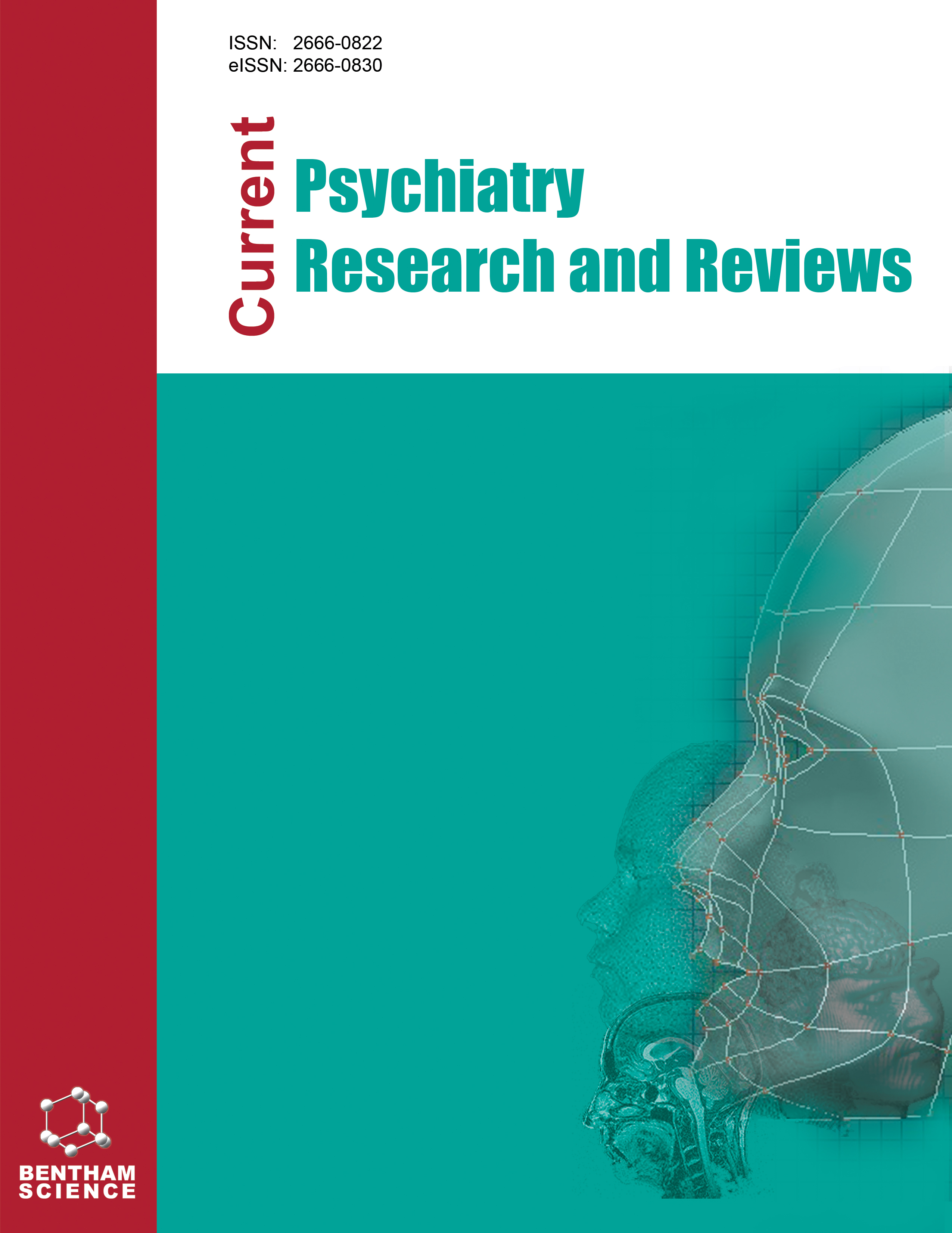
Full text loading...

Cancer patients often endure significant psychological challenges, including anxiety, depression, and stress, which substantially affect their quality of life. Traditional psychological support, though effective, is frequently under-integrated into oncology care, leading to unmet mental health needs.
This comprehensive review explores the role of Artificial Intelligence (AI) in addressing these psychological challenges.
AI in psychological counseling: AI-driven tools, such as chatbots and virtual therapists, offer innovative solutions for providing personalized, continuous, and accessible mental health support. These tools can analyze patient data to tailor interventions, thereby improving mental health outcomes.
The review highlights various AI applications, including PINK! Coach, Woebot, and Ellipsis Health Voice Tool, and their effectiveness in reducing anxiety, depression, and psychosocial stress in cancer patients. Furthermore, studies indicate that AI interventions can achieve comparable results to traditional therapy, with additional benefits like increased accessibility and continuous monitoring. However, challenges such as data privacy, ethical concerns, and the need for high-quality training data remain.
By examining current research and case studies, this review provides insights into integrating AI into oncology care, emphasizing its potential to enhance the mental health and quality of life of cancer patients. The findings underscore the importance of multidisciplinary approaches and the need for further research to optimize AI-driven psychological interventions in cancer care.

Article metrics loading...

Full text loading...
References


Data & Media loading...